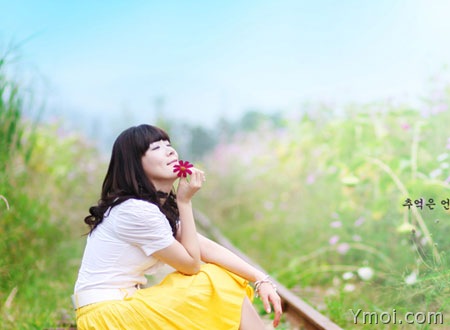There’s a baby in every family. Sometimes it’s an actual baby, only a few months old, but more often it’s an idea of a baby. The siblings themselves may have all grown up; they may be children, teenagers, or adults by now. And yet "the baby" is still powerfully present in the family psyche — still screaming, still unable to take responsibility for itself, still thought of as a danger or as a delight. Sometimes one of the grown-up siblings — not necessarily the youngest — takes on the role of the baby, either fierce and furious or cute and cuddly, in order to satisfy some personal need or because they are obliged to take on the role by everyone else in the family. Sometimes a parent takes on the role — helpless, irritable, wounded, needing to be looked after, needing to be soothed or comforted.
In families and in organizations (which are like families), it’s as if we need someone to take on the role, as if the baby represents our collective chaos — our vulnerability, powerlessness, and need — as well as our potential to make sense of chaos. By allocating the role to someone else — “Why don’t you grow up? When are you going to stop behaving like a baby?" — we avoid having to acknowledge our own baby tendencies, because someone else is unwittingly expressing them for us. We can then sit back and enjoy the vicarious satisfactions of tending to a baby in distress or curtailing its destructive tendencies.
Babies are useful. The idea of a baby links us to the past, to a time when there really was a baby in our family or when behaving like a baby was commonplace. Members of the family may think of that time as a golden age to be re-discovered, or as a turbulent, unresolved time the wounds of which remain unhealed. The baby may serve to remind everyone of a time when the parents split up, when someone died, or when something important got stuck in the family’s relationships, with members now unconsciously revisiting the idea of the baby in an oblique attempt to move things on, to deal with old, unresolved anxieties. How can we help this re-created baby? How can we pacify its rage? Make it smile? Make it happier?
Young people have strongly ambivalent feelings about babies — protective of them in some ways and scornful of them in others. They feel so strongly because they’re so ambivalent about the baby in themselves, seeing in the family or organizational baby their own panic, vulnerability, chaos, need, frustration, and longing, as well as their potential to be good and to do good things.
In families, in organizations, and in political life, we create and maintain the idea of a baby — an idea much more powerful than any actual baby — because babies encapsulate our hopes and fears. When the prevailing political mood is gloomy, when the world seems impossible to understand, full of conflicts and confusion, stories about babies emerge in the press — a baby abandoned, a baby in need of a transplant, a baby dying of cancer, a baby lost and found. Our anxieties coalesce around the idea of a baby. Together we worry about how best to look after and love the baby, and how to fix its difficulties, hoping that our endeavors will make things better. Babies give our lives meaning, even as they disappoint and frighten us.
Source: https://www.psychologytoday.com/us/blog/young-people-close/201707/why-so-many-grown-ups-still-act-babies?utm_source=FacebookPost&utm_medium=FBPost&utm_campaign=FBPost

Nhận xét này đã bị quản trị viên blog xóa.
Trả lờiXóa